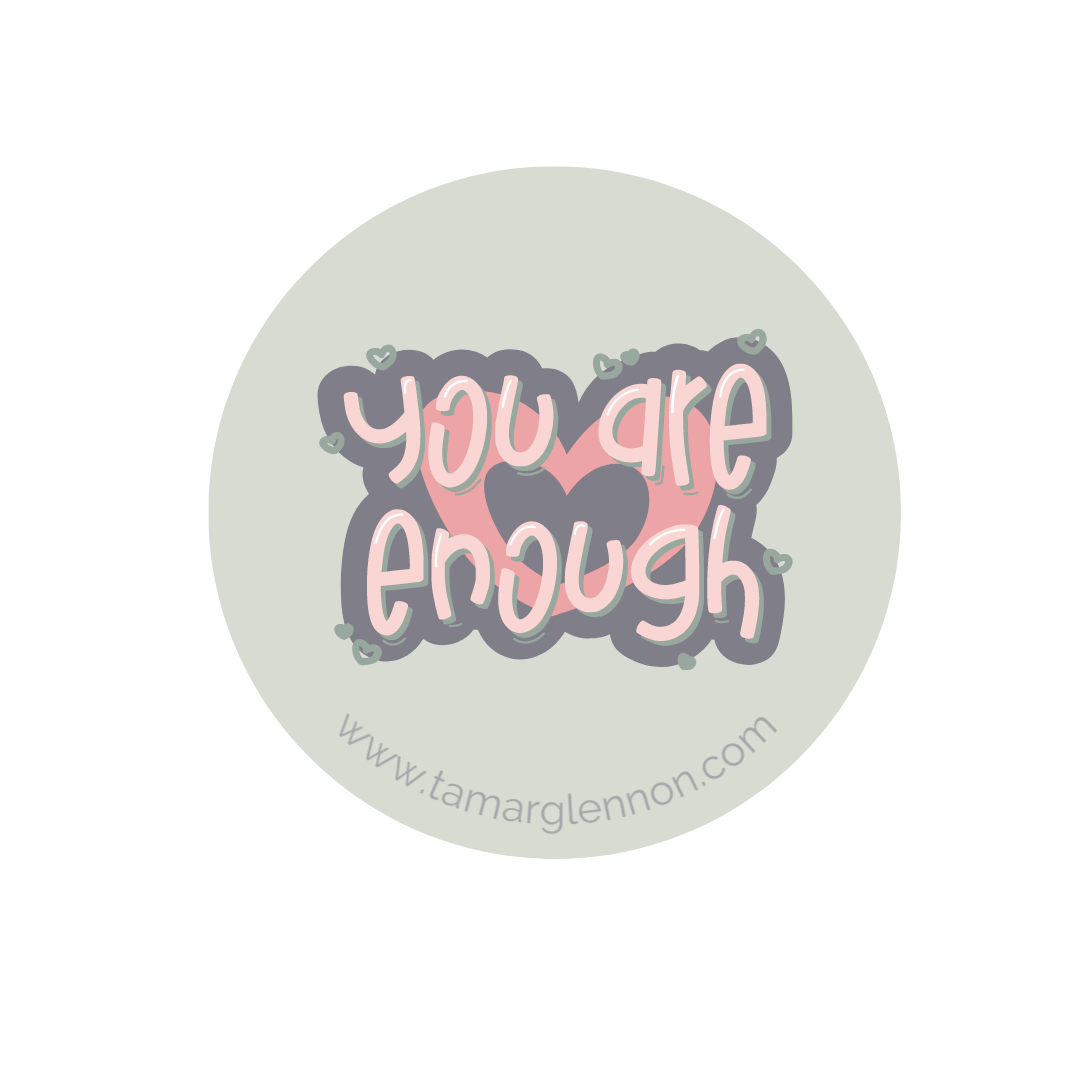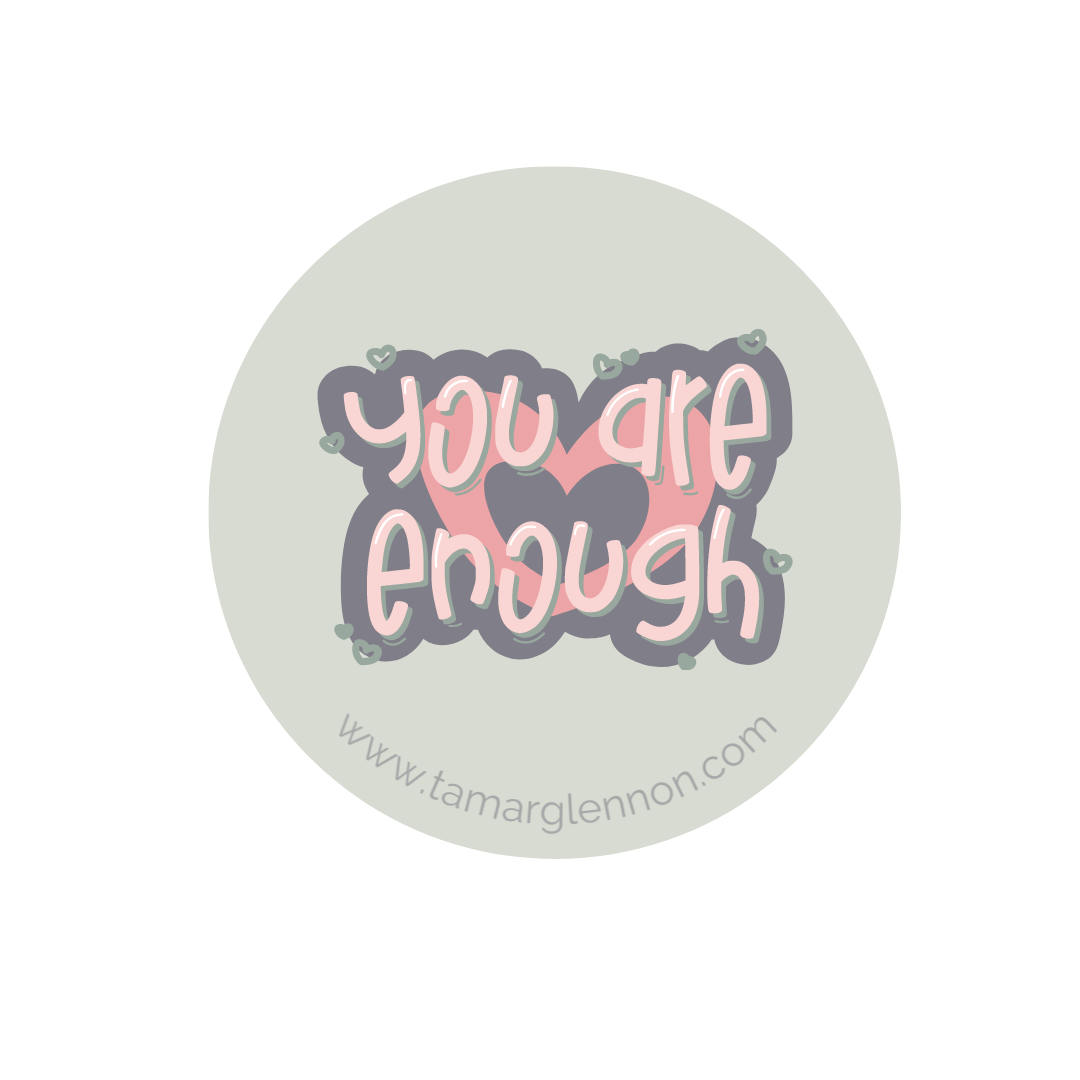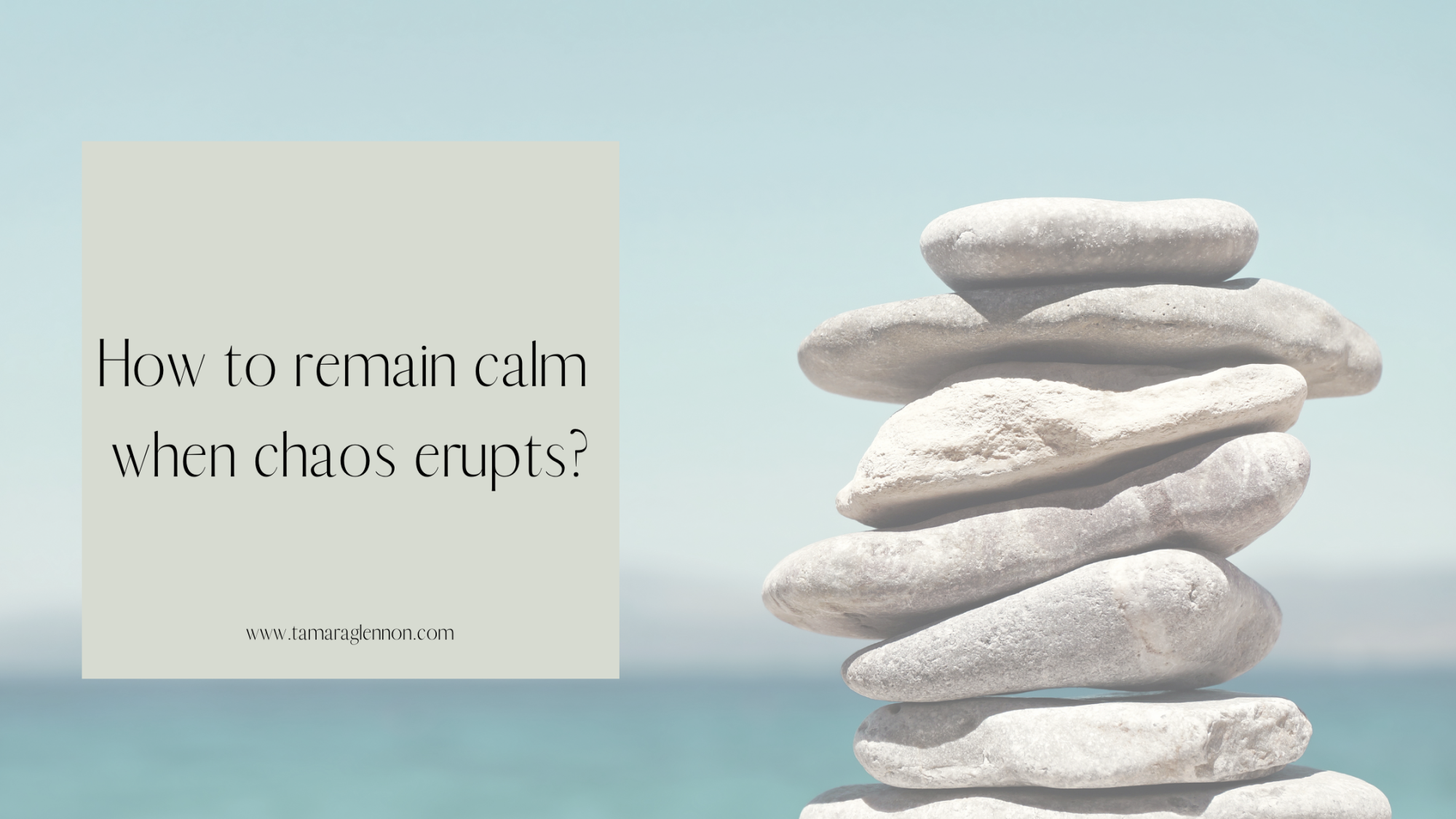
Simple Ways to Stay Calm When Chaos Erupts
Life has its ups and downs. There are periods that will be more hectic and crazy than others. During these times, it can really help you to learn some coping strategies. There are some simple ways to stay calm when chaos erupts in your life. Having a settled mind and looking at things from a less frazzled state can truly help you to make clear-headed decisions. Keep these in mind next time life gets turn upside down.
Count to Ten
It may sound too good to be true, but this strategy really works. Just count slowly from one to ten. Try to breathe deeply as you do, as this will enhance the effects. This little trick can help you to quickly gain control of your emotions and feel calmer in a pinch.
Close Your Eyes
Yep. Shutting your eyes for a moment blocks out a great deal of the stimuli that are currently vying for your attention. This brief period of visual stillness will allow you to gather your thoughts and calm yourself.
Move Your Body
Exercise is a fantastic way to get your blood flowing and your heartbeat racing. You'll also amp up the productions of endorphins in your body, providing you with extra energy to attack your issues. You don't have to do a full-blown exercise to benefit, though. Taking a leisurely stroll might actually be best during times when you need to chill out. This relaxing activity gets you moving, literally. It can remove you from a stressful environment and give you fresh perspective.
Try Progressive Muscle Relaxation
An effective strategy for releasing stress from your body without having to exercise, or even move out of your chair, is progressive muscle relaxation. This practice involves tensing and releasing the stress from every muscle group in your body. You can start with your head and work your way downward. Tense up the muscles in your face, hold for a few seconds and then release. This exercise can be completed in just a few minutes, and you'll feel tons better when it's over.
Listen to Some Music
A soothing tune can be relaxing. Uptempo beats add energy when you need a boost. Perhaps something with meaningful lyrics might improve your mood. Whatever you choose, music can have a profound effect on your feelings and is a good option to rely on when you want to calm down or feel better.
Take a Bath
Lying in a bath of warm water can be quite soothing to the soul for many. It's relaxing and can actually seem to transport you to another place. This is especially true when you add bubbles and a nice scent. Aromatherapy will add yet another layer to this calming routine.
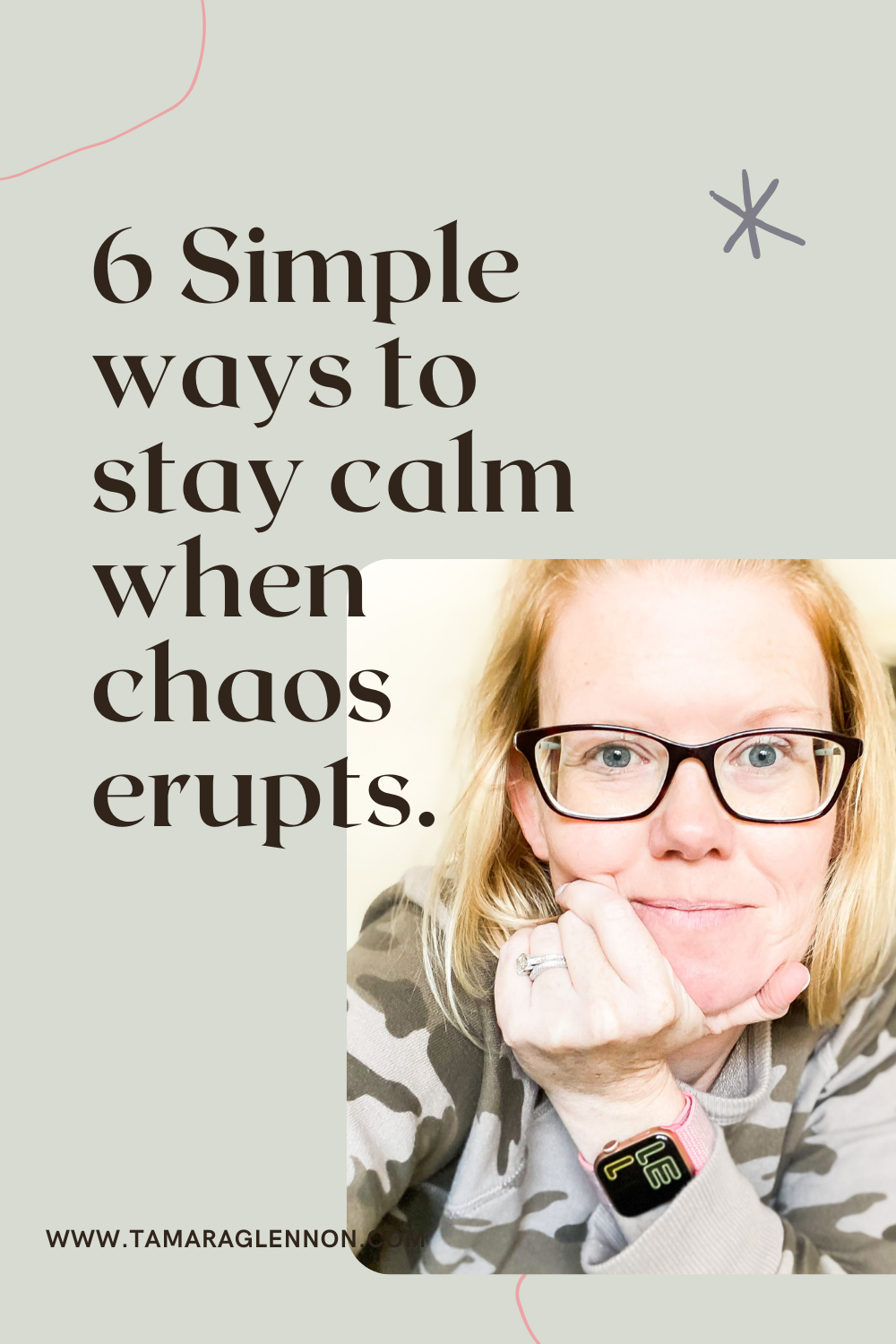
These are just a handful of ways to stay calm when you're stressed out. Choose the ones that resonate with you, and give them a try the next time you feel overwhelmed or when life is chaotic.
Love what you read? Subscribe for updates.
Follow me on Social Media:
Join my group to learn more about how to support your mental health and well being.
Love the gram? Follow here.
Jumped on the Tik Tok Trend? Find me here
Want to shop with a purpose? Check out my etsy shop where I donate to Project Semicolon.
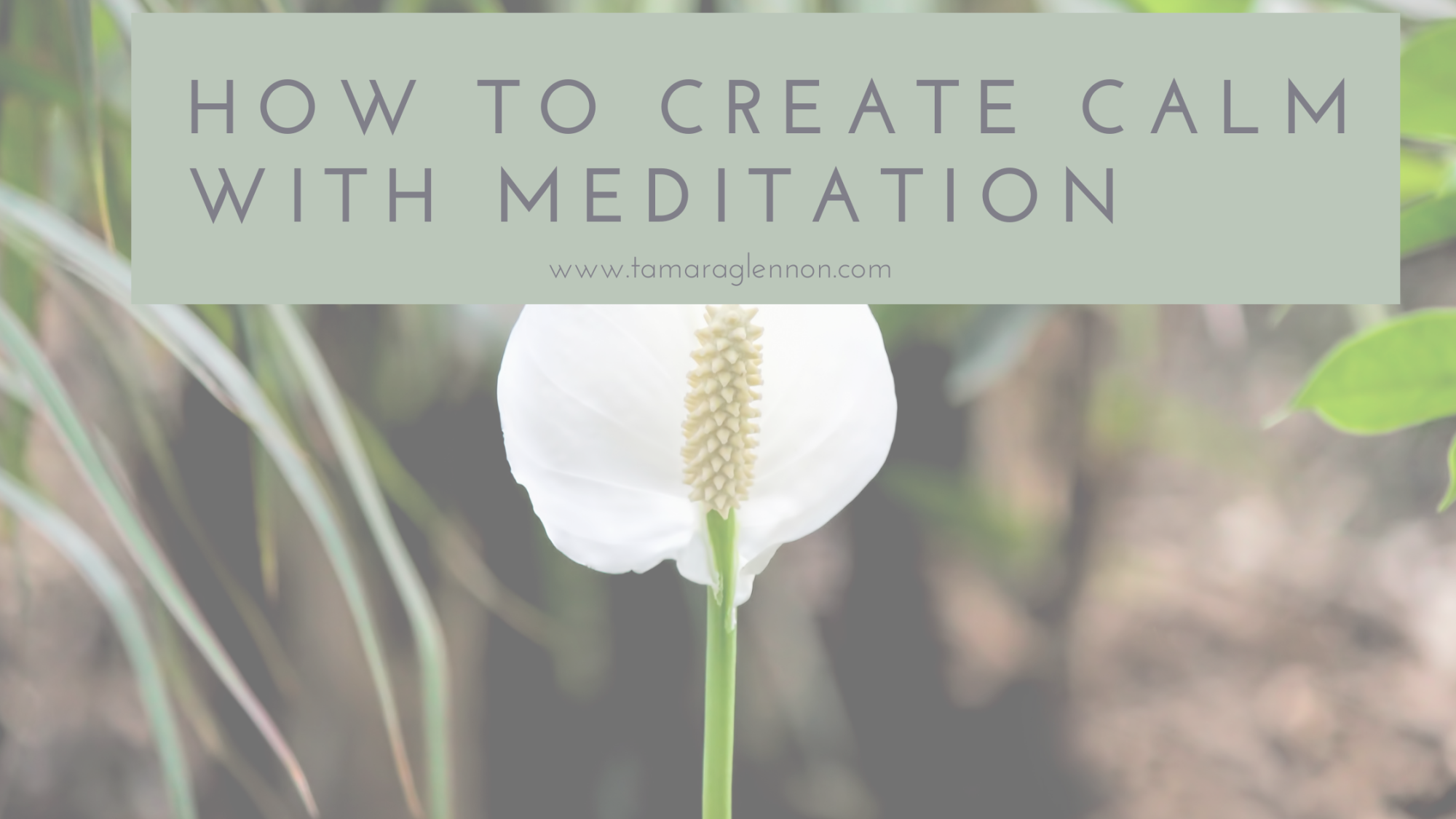
Creating Inner Calm Through Meditation
In yesterday's blog post, I introduced you to the difference between physical and mental clutter. It's this mental type that people often overlook when considering what's keeping them from experiencing calm; however, mental clutter can have a huge impact on your overall emotional state. Today, I'd like to introduce you to a practice that is known to tame the overwhelm of your mind. Meditation can do just that, and it offers numerous benefits for your brain and your overall well-being. Let's take a look.
About Meditation
Meditation is a practice in which you work to still the mind and to concentrate only on the present moment. It can take a number of forms such as guided imagery, mindfulness meditation, breathing exercises, and more. No matter which form it takes, the main point of such exercises is to focus attention, eliminating distractions and intrusive thoughts. This practice has been in use by various cultures for thousands of years, which is proof to me that it is effective and useful. Some cultures consider meditation to be a part of their religion, and it can be a very spiritual activity in general. These days, people usually meditate in an attempt to overcome the stress and anxiety associated with the modern world. It has the power to lead to a tranquil state and overall improved well-being when done regularly.
Benefits of Meditation
Meditation offers a wide range of benefits. Many of these are directly related to the practitioner's state of mind, but the practice can also improve physical health. The effects are long-lasting. You'll find yourself feeling calmer and noting improvements in your physical well-being long after your meditation session ends. Meditation helps to diminish the mental overload that can overwhelm you, leading to less stress. This renewed state can often provide you with clarity when it comes to the issues you face throughout your life. Health benefits of meditation include decreased depression symptoms, lessened anxiety, reduction in chronic pain, improved sleep, and less frequent tension headaches, among others.
A Simple Breathing Meditation
While there are a number of different kinds of mediations, one of the easiest to start with is a simple breathing exercise. Controlled breathing is a part of many meditative practices. It can help you to gain focus and to "blow away" stress. Find a quiet space with a comfortable chair. Sit up straight, with your feet flat on the floor. You could also take a seated position on a floor pillow if you prefer. Begin by inhaling deeply, pushing your stomach muscles, or diaphragm, outward. Inhale slowly, allowing your stomach to return to its resting position. Continue this until you find a comfortable rhythm. Try to push all thoughts out of your mind, but don't worry too much if intrusive ideas sneak in. Five minutes is usually long enough to gain the benefits, but your session can be as long as is comfortable when starting out.
Meditation is a practice that can provide tremendous calming benefits. It's easy to do and is especially effective when done regularly. Give it a try to see how meditating works for you.
Love what you read? Subscribe for updates.
Follow me on Social Media:
Join my group to learn more about how to support your mental health and well being.
Love the gram? Follow here.
Jumped on the Tik Tok Trend? Find me here
Want to shop with a purpose? Check out my etsy shop where I donate to Project Semicolon.
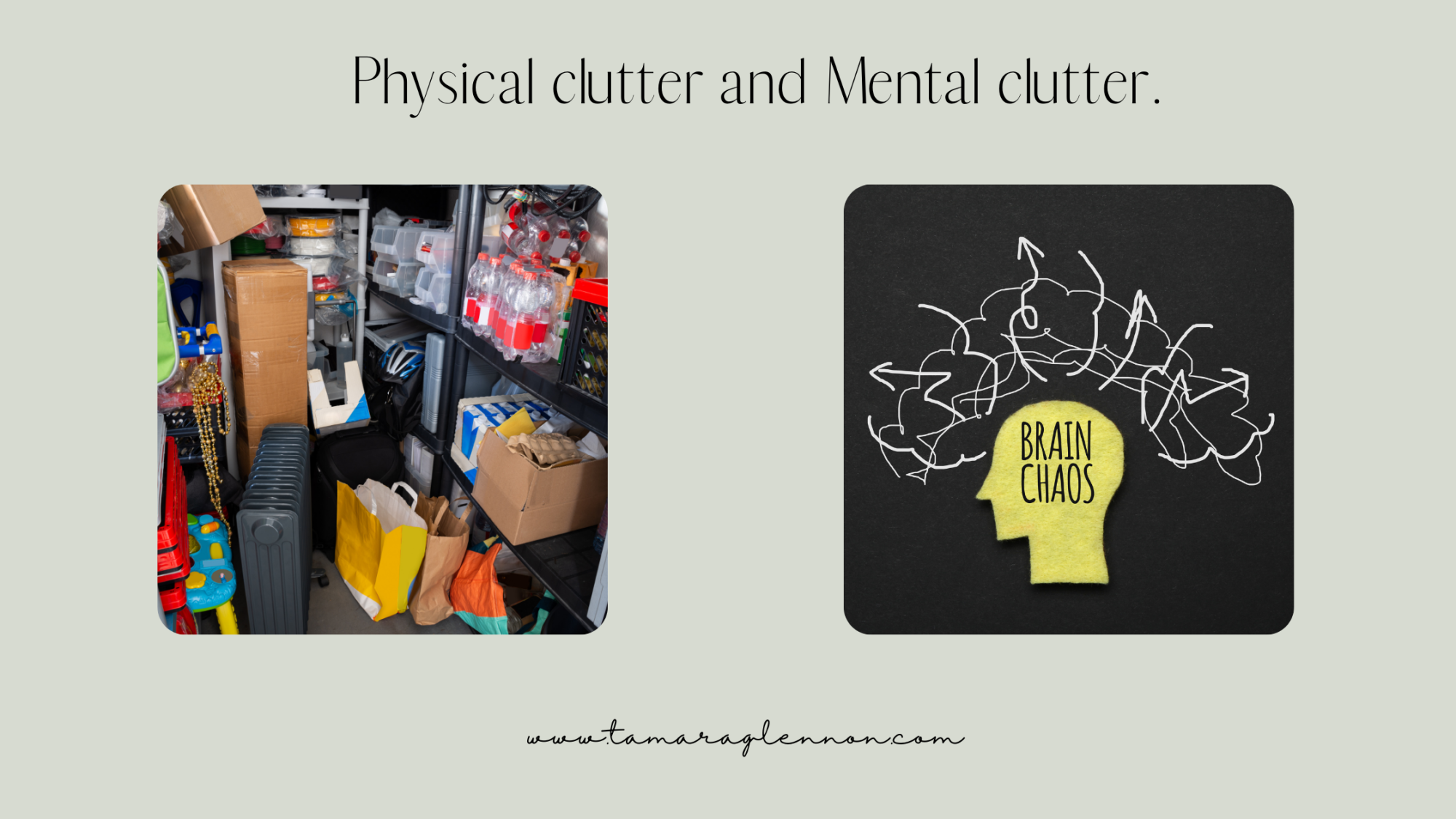
What is mental clutter and why should you care?
There’s Physical Cutter & Mental Clutter
Clutter can come in many forms. For simplicity's sake, I'd like to break it down into two main types. These are physical and mental. Each has a heavy impact on your stress levels. They both are likely to play a role in keeping you from creating calm in your life. Therefore, I think it's important to take a look at each type, definite it, and examine ways both can negatively affect you.
Physical Clutter
Physical clutter is easy to understand. This is the kind of mess you can see. It's the piles of clothing, papers, dishes, and more that are strewn around your home or office. It's the overabundance of things you've been holding onto for years because they're sentimental or you might use them one day. Physical clutter can even be the many tabs you keep open in your computer browser or the tons of media you consume each day. These things can be seen. They consume large amounts of your resources such as time, space, and money.
Mental Clutter
Mental clutter isn't as simple to define. It involves the overload of information, along with nagging emotional issues, that overwhelm your mind. This type of internal congestion can consist of things such as your never-ending to-do list, negative internal dialogue, relationship demands, old grudges, or habits that don't serve you. The source of such mess usually lies in emotions like fear, regret, worry, guilt, or shame. Identifying the types of mental issues that are cluttering your brain can lead to purging yourself of them.
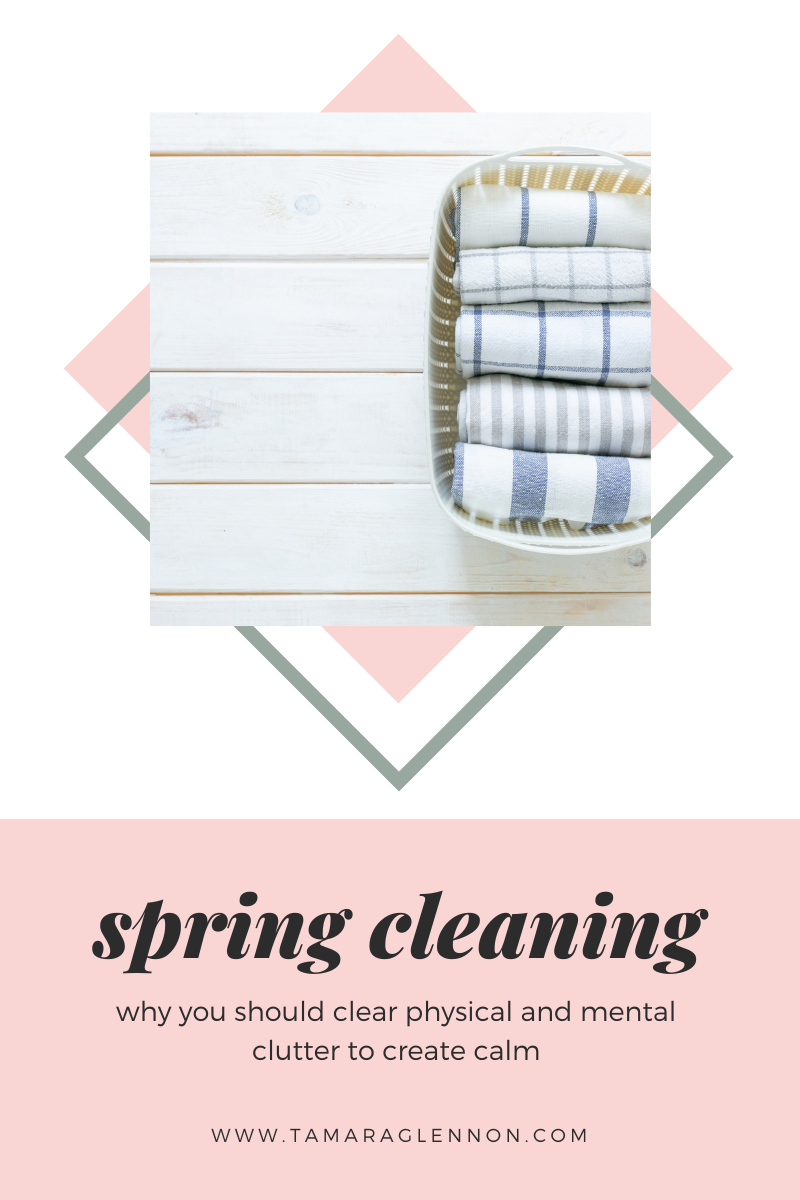
Effects of Clutter
Ridding yourself of clutter, both physical and mental, can truly increase your feelings of happiness and calm. It can lead to less stress and overall greater well-being. The negative effects of too much clutter are astounding. Decreased mental health is one of the biggest issues to come of surrounding yourself with all sorts of clutter. Studies show that mental hygiene is improved when clutter is kept under control, both in the home and in the workplace. Too much physical clutter impairs visual processing. It can be incredibly distracting to see lots of piles and messes in your surroundings, leading you to miss cues regarding people's emotions and other important information. Your cognition and clarity of mind are adversely affected by excess mental clutter. You simply can't think straight when you've got a whirlwind of thoughts and emotions swirling around in your head.
This is merely an overview of the ramifications that come from physical and mental clutter. However, the information above should give you some insight into how important it can be to clean things up in both your physical world and within your mind. Doing so can lead to tremendous benefits within your world, including more of the elusive calm you've been seeking. What is the biggest challenge for you? Mental or physical clutter?
Love what you read? Subscribe for updates.
Follow me on Social Media:
Join my group to learn more about how to support your mental health and well being.
Love the gram? Follow here.
Jumped on the Tik Tok Trend? Find me here
Want to shop with a purpose? Check out my etsy shop where I donate to Project Semicolon.
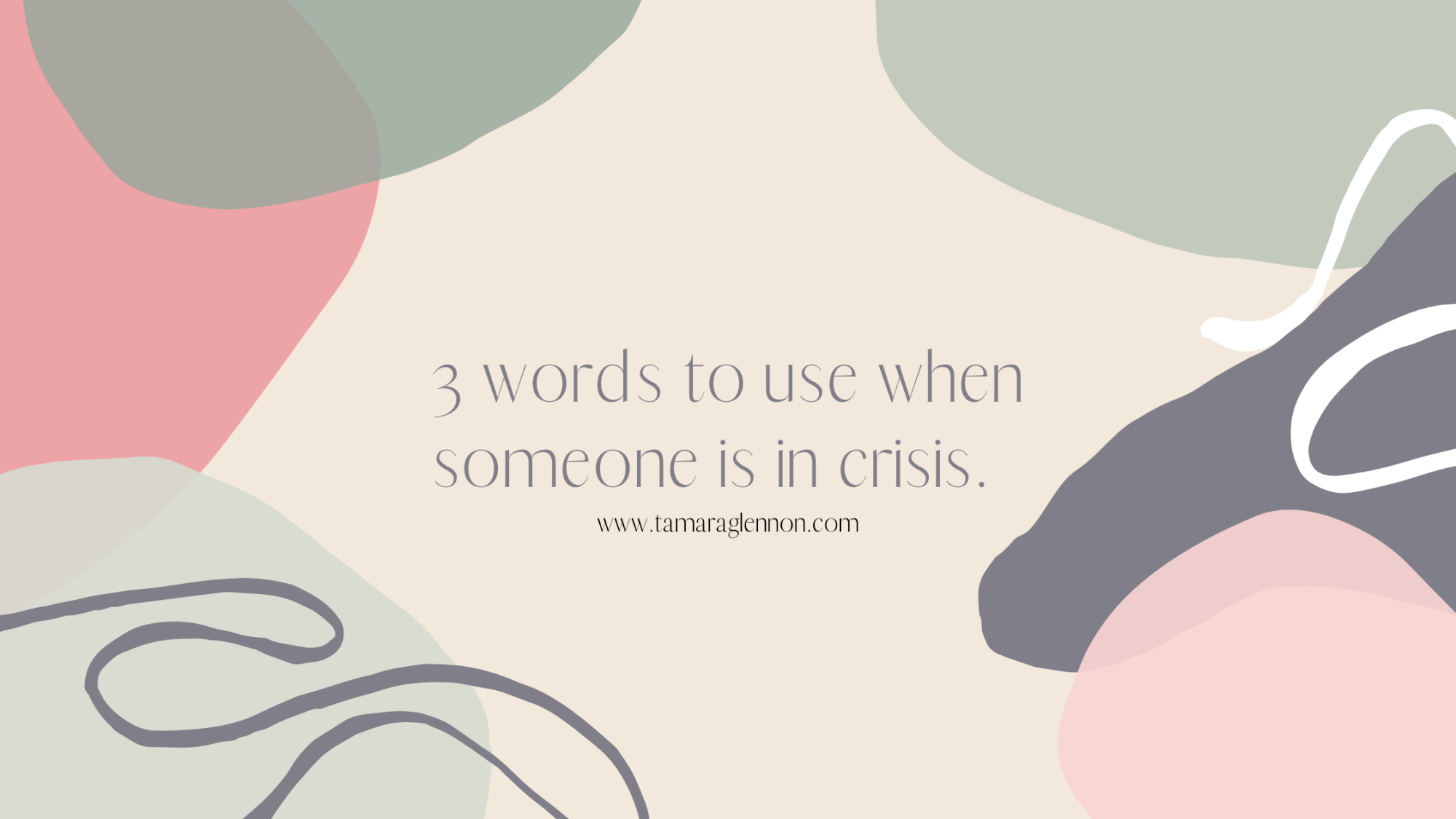
Use these 3 words when someone is in a crisis.
Have you ever been in a situation where your friend, family member, neighbor or anyone else comes to you when they are struggling. They open up to you and say "I am really having a hard time right now." It can feel very intimidating knowing what to say. You are paralyzed with fear worrying that you may say the wrong thing. I am here to help you and ease those fear. These are the simplest things you can say. It is proven that they can help someone in a crisis situation. Data from the Crisis Text Line has found that these 3 words pack a punch when it comes to helping young people. Let's get to it.
1. Smart. "You are so smart for reaching out." "It is smart for asking for help."
That's it. Smart. A word we should use more, not only when in a crisis but all the time. You can never say it too much.
2. Proud. "I am so proud of you for asking for help." "You should be very proud of yourself. This is not easy."
3. Brave. "You are very brave for telling me how you're honestly feeling." "Being vulnerable is not easy. I am proud of you."
It Is very possible that this could be the shortest blog post ever but it is also the simplest tactic to help someone.
Post these on your mirror, make a note on your phone, add these to stick notes, and put them everywhere. It could save a life.
If you are in a crisis reach out to the Crisis Text line.
In the US text HOME to 741741
In the UK text HOME to 85258
In Ireland text HOME to 50808
Love what you read? Subscribe for updates.
Follow me on Social Media:
Join my group to learn more about how to support your mental health and well being.
Love the gram? Follow here.
Jumped on the Tik Tok Trend? Find me here
Want to shop with a purpose? Check out my etsy shop where I donate to Project Semicolon.
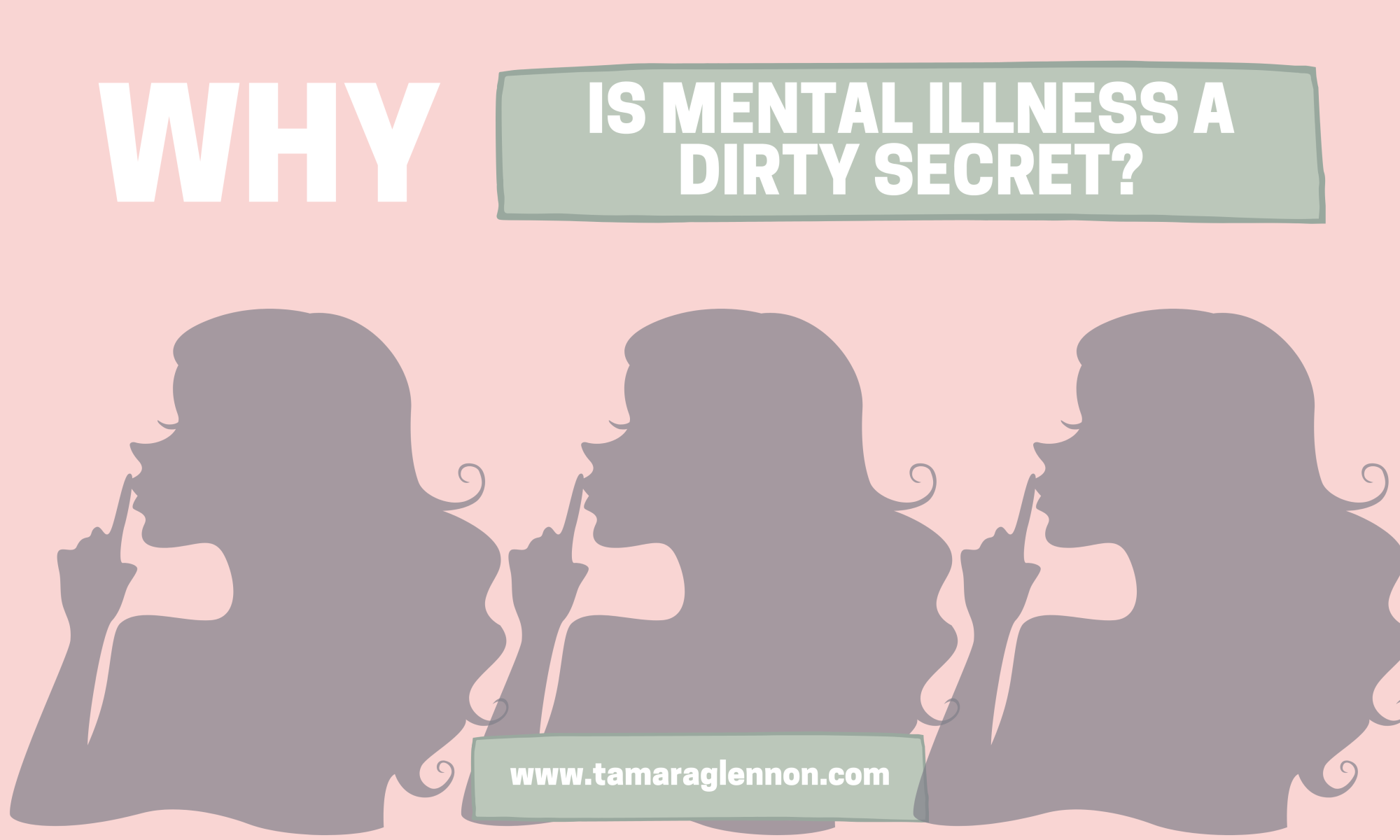
Why is mental illness a dirty little secret?!
Why is it that when we suffer from mental illness it is something that is kept in the closet and kept quiet? When someone has cancer or has had surgery a community knows about it. Not only do they know that someone is suffering from cancer but what type of cancer it is. But when someone is suffering from bipolar or depression nobody knows. It is kept quiet and if it is spoken about it is whispered like it is a secret. It is an unfortunate badge that 1 in 5 people suffer from but nobody knows. A Scarlett letter.
We need to level the playing field. Mental illness is a serious disease just like cancer and heart attacks. So why is it kept in the dark? Why are people embarrassed to admit that they suffer from a mental illness? We have to end the stigma.
When a community member is recovering from surgery or going through chemo, most people spring into action to set up meal trains, complete household chores, help take care of their kids and pets. But when your community member is having a terrible time with their bipolar or depression nobody knows. It is kept quiet. We have to change this. What do you do? What do you say? It is simple. "Hey Sally, I see that you're having a hard time with your depression right now. We have set up a meal train for you for the next two weeks and we will be coming by to tidy up your house for you." Simple.
But first, we must know that someone is struggling with a mental illness in order to help them. We have to ask the questions. We have to talk about it. We have to check in with our loved ones, neighbors, and friends.
We have to end the stigma, talk about mental illness like you talk about diabetes or cancer. Where are the meal trains for those that suffer from mental illness?
Let's all cheer...casseroles for all!
Love what you read? Subscribe for updates.
Follow me on Social Media:
Join my group to learn more about how to support your mental health and well being.
Love the gram? Follow here.
Jumped on the Tik Tok Trend? Find me here
Want to shop with a purpose? Check out my etsy shop where I donate to Project Semicolon.


